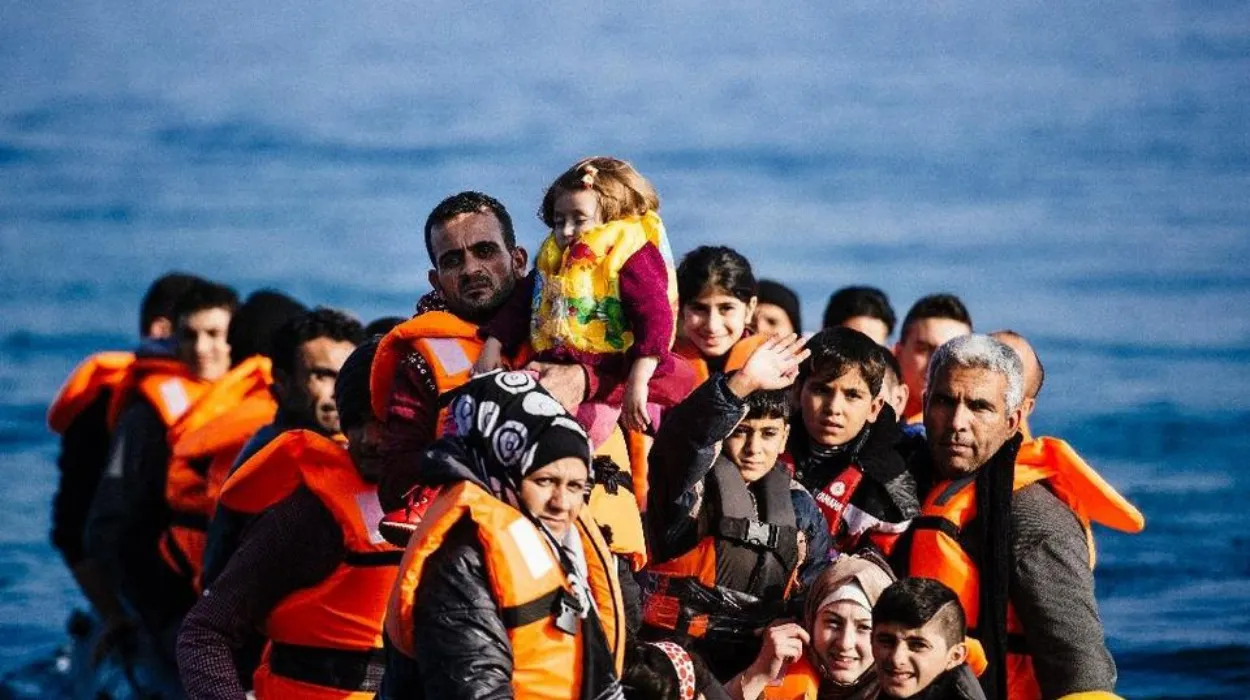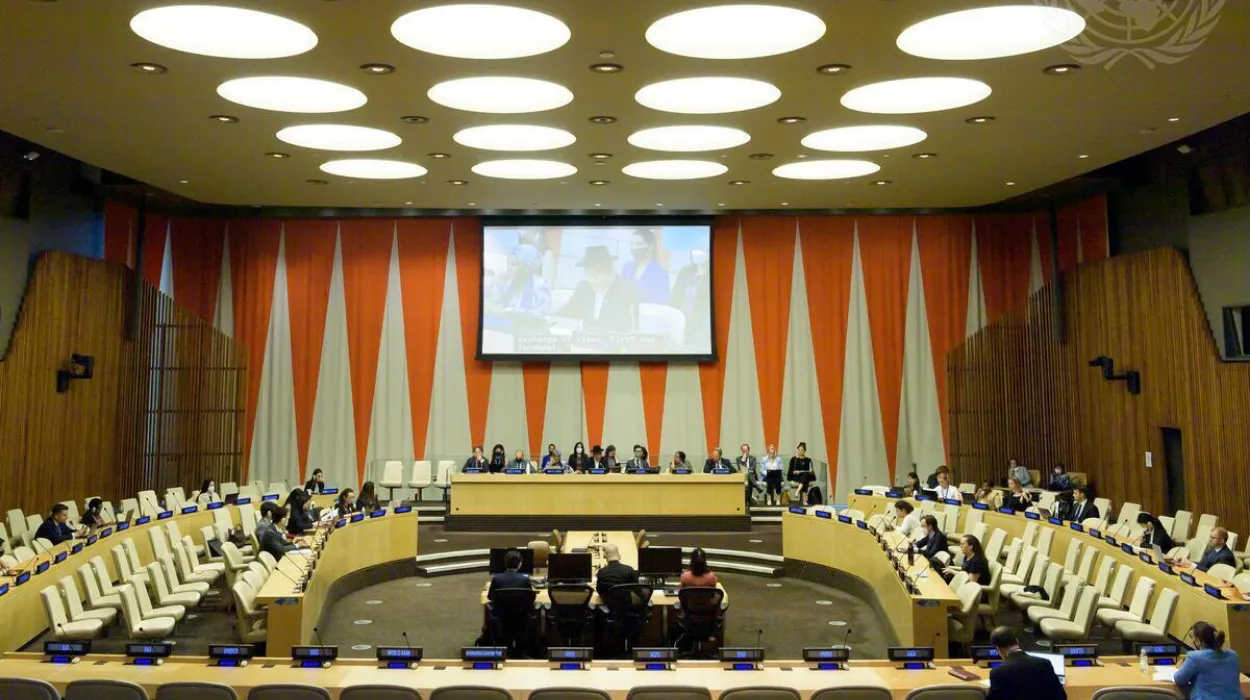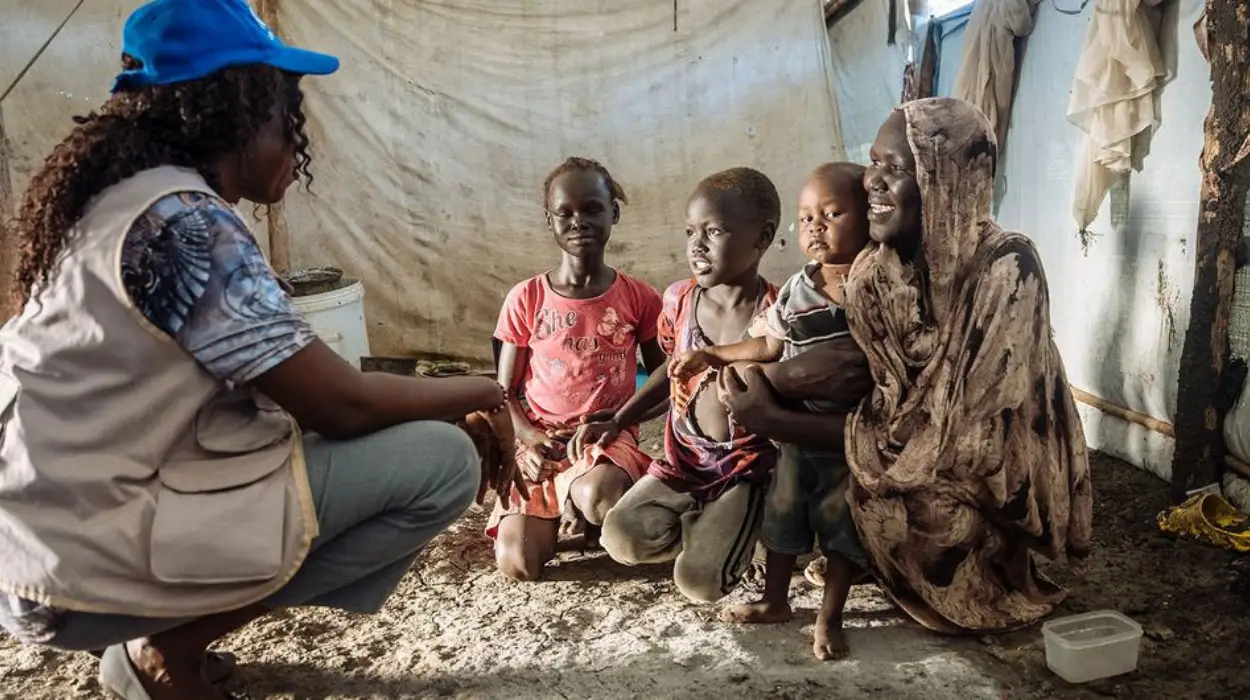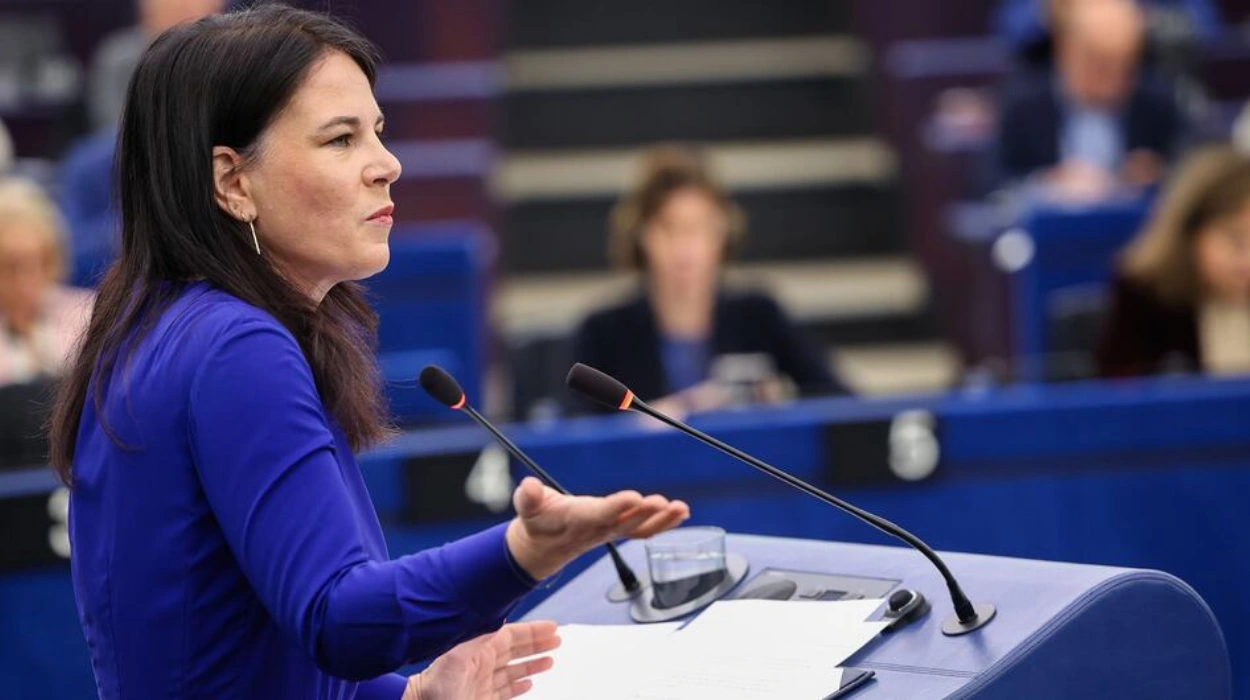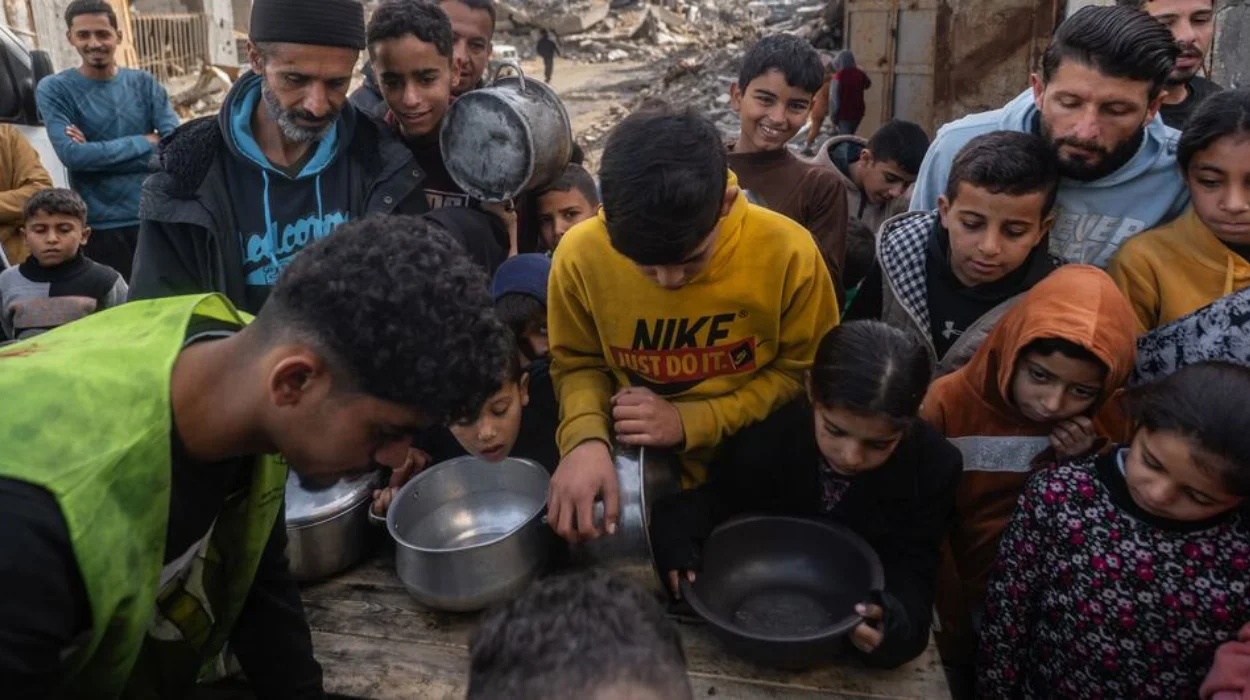The Central African Republic (CAR) is heading towards a dangerous electoral period in December 2025 with presidential elections, legislative, and local elections. The polls are largely seen as one of the most critical moments to entrench peace, enhance democratic rule and expansion of state control on national territory. Nevertheless, the political situation is still very delicate, being characterised by persistent security risks, political oppression and institutional obstacles. It is in this context that the United Nations and its international partners have stressed the need to have credible, inclusive, and timely elections in order to maintain the momentum that is gained over the past years.
Political Landscape and Electoral Preparations
President Faustin-Archange Touadera, who was re-elected in 2020 can be re-elected after presidential term limits were removed during a constitutional referendum in 2023, which was approved by 87.7 percent of voters. With that being the case, the political space is highly competitive and limited. There is a heavy level of repression on opposition parties, including proscription of rallies, disinformation and by armed youth militia faithful to the ruling Mouvement des cœurs unis (MCU).
Leaders of the opposition like MP Dominique Yandocka and civil rights activist Crépin Mboli Goumba have been jailed in spite of parliamentary immunity. The party with power in the National Assembly, namely the ruling party has gained more seats by way of joining together and defaulting and currently the MCU has 86 seats out of the 140. Such a pooling of power augers concerns on the forthcoming elections, in regard to induction of fairness and inclusivity.
Assisting the government with election preparations has been the responsibility of the United Nations Multidimensional Integrated Stabilization Mission in the Central African Republic (MINUSCA). This also involves voter registration activities where many more than half a million voters have just been registered and logistics of the upcoming polls. But the shortfalls in funding and technicalities in voter registration still prove to be serious hitches. The National Electoral Authority (ANE) has been challenged with internal malfunctioning, and it is subjected to reform to guarantee plausible elections.
Security Challenges and Regional Dynamics
Although the general security has improved, agglomerations of insecurity still exist especially along the borders where armed groups fight to occupy the mining sites and transhumance corridors. Security situation is further jeopardized by the wrangles in neighboring Sudan that threaten to escape into this country. This is aggravated by the fact that paramilitary fighters like Rapid Support Forces in Sudan are present in the region.
It is positive that nine out of fourteen armed groups, who duped the Political Agreement for Peace and Reconciliation six years ago, have disbanded. Nevertheless, disarmament and merging of other armed leaders still needs regional assistance and global backing.
The Role of the United Nations and International Community
As an epoch-making process, the United Nations has repeatedly made it clear that the elections will provide the basis of decentralized government and sustainable peace. Valentine Rugwabiza, the Secretary-General Representative Special and head of MINUSCA, quoted the progress through opening of the first ever multiservice post at the Chad border.
The UN Security Council keeps emphasizing on the need to conduct elections within constitutional deadlines. It has demanded more involvement in terms of finance and logistics to take care of the financing gap which is still a serious problem. France has committed €2 million to assist in the elections and the rest of the international partners have made contributions into the basket fund of the UN Development Programme.
Civil societies and opposition institutions have indicated their doubt on the electoral process citing denial of freedom of politics and lack of reforms in institutions, especially in electoral authority and constitutional council. The Republican Bloc to defend the Constitution (BRDC) has announced its intention to organize the demonstrations demanding credible elections.
Political Repression and Media Environment
There is oppression of criticism in the political climate. All opposition parties are prohibited to conduct rallies and the opponents are harassed and jailed. There are youth militias of the ruling party which intimidate and use violence against those opposed to the ruling party, including Les requins (Sharks).
Media is under huge restrictions as journalists critical of the state or those close to the Russian allies are threatened and jailed and the outlets are shut down. Russian mercenaries offer protection to the president and decide the national security policies, whereas Russian-funded media campaigns target the government critics on the internet.
UN Cameroon’s Report on Regional Security Concerns
The United Nations in Cameroon has significantly addressed the issue of the expanded range challenges of security affecting Central Africa namely; outflow of the conflicts in neighboring nations. The UN Office in Cameroon pointed out the dangers that exist when the activities of armed groups in neighboring countries are done by crossing porous borders thus making it difficult to stabilize CAR. This regional aspect highlights the interdependence between the matters of security and the relevancy of cooperation-oriented strategies.
Kickoff, #MultiStakeholder #ConsultativePlatform on safeguarding electoral integrity & preventing risks for peaceful/inclusive/transparent elections in??
150 leaders from Gvt, Political Parties, CSOs, Traditional/Religious Bodies, convene in dialogue#UNElectoralAssistanceCMR pic.twitter.com/Eq55lO6JIG
— UN_Cameroon (@UN_Cameroon) June 25, 2025Voter Participation and Gender Representation
The present percentage of women in the National Assembly is around 12.8 percent consisting of 17 women out of 140 members. MINUSCA and international partners have helped to enable initiatives to enhance registration of women voters and the youth. This is however limited by political and security issues of complete participation.
In the history of past elections, voter turnout has been erratic, and the 2020 presidential election registered approximately 76%. The following elections will mark the first local elections within more than three decades of time, and the reason why the upcoming elections should become a major step towards decentralization as long as they are credible.
The Importance of Credible Elections for Peacebuilding
The 2025 elections will be a turning point of peacebuilding in CAR. Free and fair elections that are inclusive are vital to legitimizing the state institutions, increasing government authority and a national reconciliation.
UN Experts are warning that unless there are immediate institutional changes especially in the National Electoral Authority, the elections could only serve to consolidate elite control and political marginalization. The report by the Secretary-General advocates the need of improving the dialogue of the political arena as well as safeguarding human rights so as to establish an atmosphere friendly to democratic involvement.
International Support and Funding Challenges
The electoral budget has been updated and increased to 21.8 million dollars out of which 12.4 million dollars is under the control of the UNDP and 9.4 million dollars is around the control of the national electoral authority. A shortfall of about 9 million will be left despite developments of an amount by the government, the European Union, the MINUSCA, and other collaborators.
Such a deficit is a threat to the further local elections, as well as to the preparations to the respective legislative and presidential elections. There are debates that local elections will be held together with the general elections in December as a way of saving resources.
The Central African Republic is at a crossroad. Through the upcoming elections, there is a special opportunity to entrench peace and democratic leadership that has long eluded the country. Nonetheless, this option will be possible to achieve in case of political suppression, electoral integrity, besides security challenges and suitable funding.
The participation of the international community, especially under the auspices of the United Nations coordinated by regional partners, is essential in assisting CAR in its democratic transition and peace building activities.


